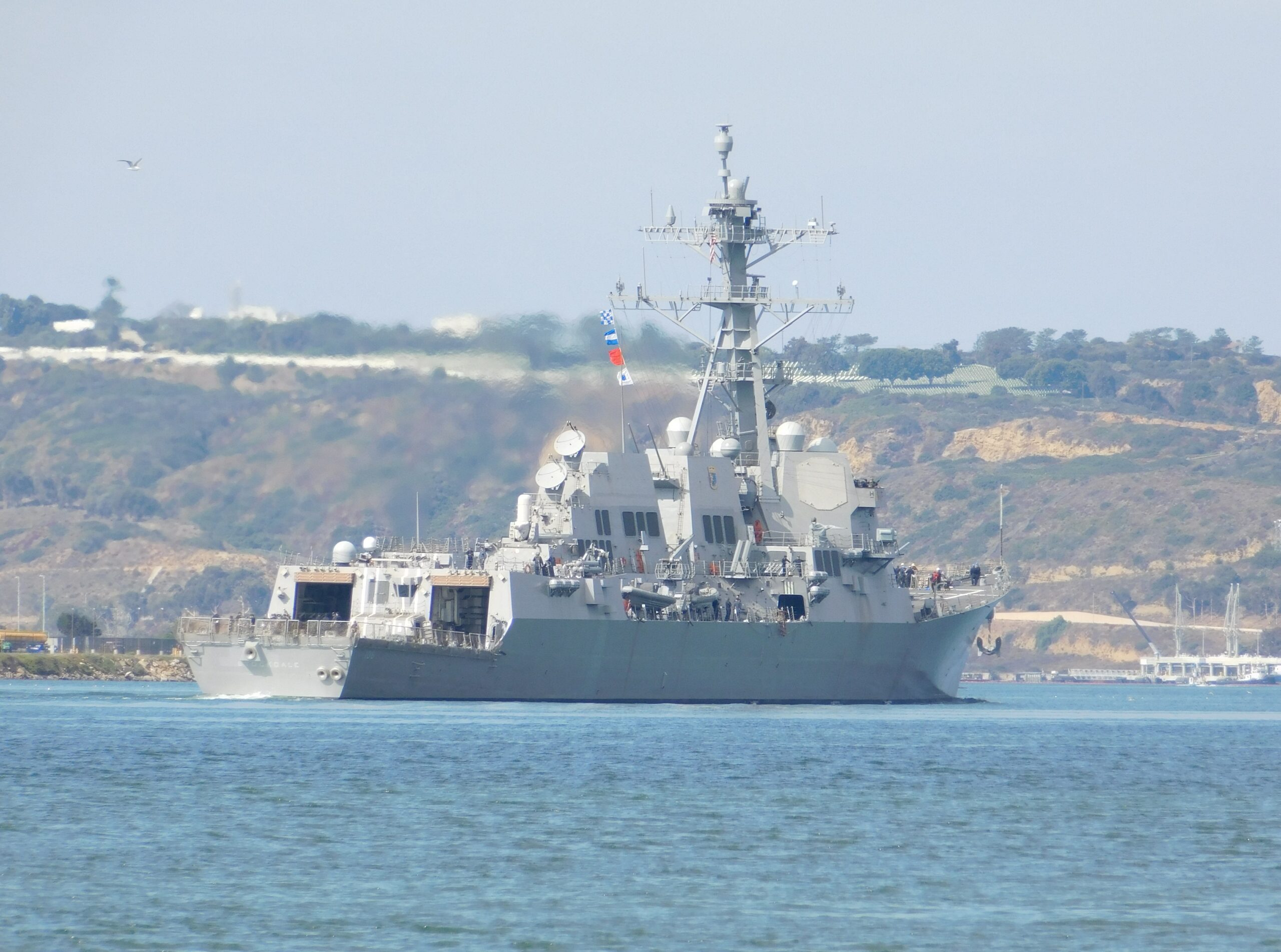
This post is also available in:
 עברית (Hebrew)
עברית (Hebrew)
Amid concerns over Russia’s alleged efforts to develop capabilities “to track, assess and disrupt undersea communication cables,” the UK has banned transfer of sub tech to Russia. The UK Department for International Trade’s Export Control Joint Unit has announced new restrictions on Russia banning the sale of British-made submersible vehicles to Russia, as well as “related equipment, software and technology”.
The UK already maintains a stringent ‘sanctions regime’ against Russia, including a ban on various ‘dual use’ technologies it says may be used by Russia’s military.
Amid the associated equipment listed are also subsea ploughs, maritime acoustic systems such as sonar, velocity log equipment, altimeters, navigation tools, propulsion motors and thrusters, umbilical cables, various winches, tethers and lighting systems, communications and control systems, and more, along with the related “software designated for the development, production or use” of any of the above goods, according to nationalheraldindia.com.
No details were given regarding Russia’s supposed desire to ‘disrupt undersea communication cables’, although last week, UK media speculated that Russia’s new Project 636.3-class submarines had the capability to tap into undersea internet cables and eavesdrop on global telecommunications.

























